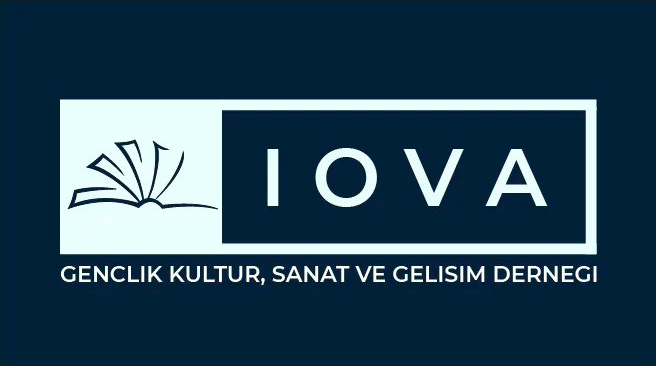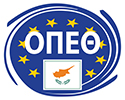|
Turkey's immigration framework is governed by robust national laws and regulations that dictate visa requirements, residence permits, and work permits for foreigners. Here's a concise summary:
Visa Requirements
Foreign nationals generally require a visa to enter Turkey, except for those from countries with visa exemption agreements. Visa types include:
- Tourist/Business Visa: Allows stays up to 90 days within a 180-day period.
- Student Visa: For students enrolled in Turkish educational institutions.
- Work Visa: For individuals employed in Turkey.
- Family Visa: Facilitates family reunification.
- Humanitarian Visa: Issued to individuals in need of protection.
- Key Legislation: Law No. 6458 on Foreigners and International Protection governs visa application processes and requirements.
Residence Permits
Foreign nationals staying in Turkey for more than 90 days must obtain a residence permit, which can be:
- Short-Term Residence Permit: For tourism, business, or similar purposes.
- Family Residence Permit: For family members of Turkish citizens or foreign residents.
- Student Residence Permit: For international students studying in Turkey.
- Long-Term Residence Permit: Available to those who have continuously lived in Turkey for at least eight years.
Humanitarian Residence Permit:
Granted to individuals in need of protection or during emergencies.
Application Process: Applications are submitted online through the e-Ikamet system, requiring documents like a passport, biometric photos, proof of financial means, health insurance, and accommodation details.
Key Legislation: Law No. 6458 on Foreigners and International Protection and its implementing regulations detail residence permit procedures.
Work Permits
Foreigners intending to work in Turkey must obtain a work permit, categorised as:
- Temporary Work Permit: Valid for one year, renewable annually.
- Independent Work Permit: For self-employed individuals.
- Permanent Work Permit: Available after eight years of continuous residence and six years of legal employment in Turkey.
Application Process: Employers initiate the work permit application with the Ministry of Family, Labor, and Social Services, requiring a valid passport, signed employment contract, and relevant professional qualifications.
Key Legislation: International Labor Force Law No. 6735 and its implementing regulations govern work permit procedures for foreigners. |
1. Entry into Turkey (FAQ)
https://en.goc.gov.tr/entry-into-turkey#:~:text=1- Foreigners should submit their passport or, travel,be held for a maximum of four hours.
2. Visa for Turkey (Database)
https://www.evisa.gov.tr/en/
3. Visa and residence permit
https://www.mfa.gov.tr/visa-information-for-foreigners.en.mfa#:~:text=If you have a valid visa, you do,Türkiye, regardless of the validity of their visa.
4. Permit of stay for study purposes
https://www.studyinturkiye.gov.tr/StudyinTurkey/ShowDetail?rID=Egqvn0o1tiU=&&cId=PE4Nr0mMoY4=
5. Guide for asylum seekers in Turkey
https://help.unhcr.org/turkiye/how-to-seek-help/ |







